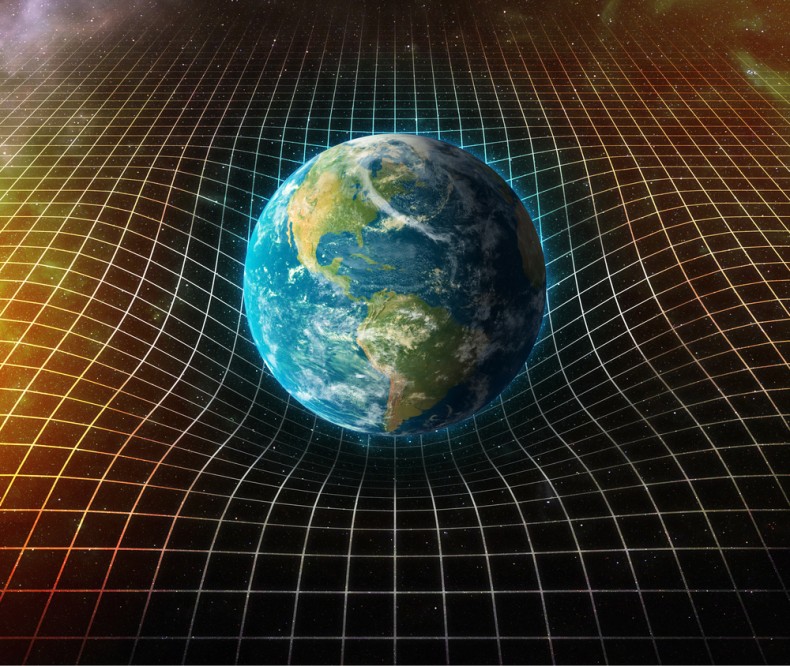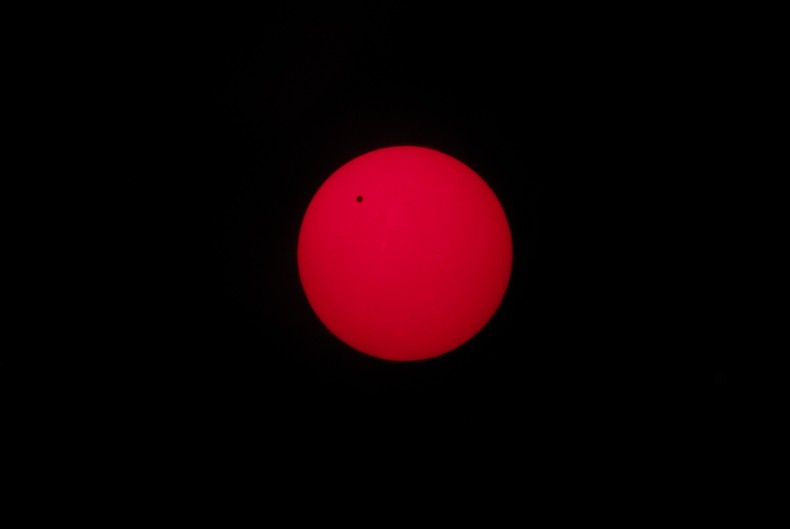In playwright David Auburn’s Pulitzer Prize-winning work Proof (later adapted into a film starring Gwyneth Paltrow and Jake Gyllenhaal) there’s an exchange between a young mathematician and the daughter of his recently-deceased mentor. They’re at a party and discussing the use of amphetamines by older mathematicians:
Hal: There’s this fear that your creativity peaks around twenty-three and it’s all downhill from there. Once you hit fifty it’s over, you might as well teach high school.
Catherine: That’s what my father thought.
Hal: I dunno. Some people stay prolific.
Catherine: Not many.
Hal: No, you’re right. Really original work – it’s all young guys.
That was in Act I, Scene III. What was it Anton Chekhov said? According to Ilia Gurliand’s memories, it was “If in the first act you have hung a pistol on the wall, then in the following one, it should be fired.” Right on cue in Act II, Scene II, we see the weapon used. Hal has found a notebook among his old mentor’s effects. It contains an undiscovered proof, which Catherine claims is her own work, her father having been demented for years before his death.
Catherine: You think it’s too advanced.
Hal: Yes.
Catherine: It’s too advanced for YOU.
Hal: You could not have done this work.
Catherine: But what if I did?
Hal: Well, what if?
Catherine: It would be a real disaster for you, wouldn’t it? And for the other geeks who BARELY finished their PhDs, who are marking time doing LAME research, bragging about the conferences they go to – WOW – playing in an AWFUL band, and whining that they’re intellectually past it at twenty-eight, BECAUSE THEY ARE.
(Beat. Hal hesitates, then abruptly exits.)
Fluid intelligence, the ability to solve novel problems, requires a large mental workspace in which to hold pieces of the puzzle while you conduct inductive and deductive reasoning on them. It’s like reaction time – it peaks in young adulthood and then steadily declines.
I’ve usually heard this in the context of advanced mathematics, like in Proof – an interesting fact from an exotic profession, not particularly relevant to my own life. As my high school class approached graduation, we were advised that taking a gap year before university wouldn’t leave us behind in the long run. Professors found that those students who had taken time out for life experience were noticeably more mature, and tended to be better students for it. “Except, of course, if you’re going into math,” they added hastily. In that case, the implication was, you’d better not mess around for a year and waste your brain’s precious youth. I took the gap year. I did not go into math.
 Then yesterday morning, a week after watching a Cosmos episode about light, my five-year-old son woke me up with a question: “How can gravity pull down light, when light is not hard?” I assumed that by “hard” he was trying to convey some notion of mass. My search through the science books on hand brought me the familiar green gridlines warped around a massive object and I gave my son probably the last confident physics lesson I’ll be able to deliver at this rate. It also sent me on a small reading tangent in that section of the shelves, and I started into Nearest Star: The Surprising Science of our Sun.
Then yesterday morning, a week after watching a Cosmos episode about light, my five-year-old son woke me up with a question: “How can gravity pull down light, when light is not hard?” I assumed that by “hard” he was trying to convey some notion of mass. My search through the science books on hand brought me the familiar green gridlines warped around a massive object and I gave my son probably the last confident physics lesson I’ll be able to deliver at this rate. It also sent me on a small reading tangent in that section of the shelves, and I started into Nearest Star: The Surprising Science of our Sun.
It was the Transit of Venus that did it. Happily scanning through a section about how our forefathers determined the Sun’s distance from the Earth, I came to the part where our heroes were observing a Venusian transit from wildly disparate vantage points on Earth in order to determine the solar parallax. From this measurement they would make a historic calculation, a giant leap in our understanding of our place in the universe. There were little diagrams on the page, too, for my convenience.
Only now, my brain was not happily absorbing the concept. It was mentally pushing the book away, heaving with all its imagined might against the nasty numbers and words and shapes. The effort of trying to understand was physically uncomfortable for me. “Who would ever want to think that hard?” I found myself thinking, in disgust.
And so it was that I realized fluid intelligence loss – and the accompanying atrophy of mathematical ability – was not just for high-end academics. On the eve of my 35th birthday, my own barely-used spatial abilities were leaving me, without my having so much as tested their limits.
The consolation prize, of course, is the other kinds of intelligence that continue to build on one’s crystalized knowledge and skills. Our relativistic thinking and subtler forms of wisdom less conducive to multiple choice tests. I’m happy to invest in those instead, as they come in handier for everyday life anyway. Until, that is, my crystallized intelligence begins to decline as well.
Image: The transit of venus, Earth’s gravitational field, both c/o Shutterstock

Your brain is plastic right up to the day you die. If it weren’t, people would never be able to embark on new careers at the age of 50 or 70, but they do! You are not suffering from irreversible brain damage. You are trying to use a muscle that you haven’t used in a long time. For comparison, go ice skating. Unless you do it all the time, your ankles will scream before you go 10 feet. If you really want to get back into it, it takes hard work to make it easy. Math can be easy but you won’t find it so until you do enough exercise to get those brain muscles strong again. If it hurts, it’s working. Go back, try again, take it a little at a time, put more than a couple of minutes into to, and you will get it. Or decide that you don’t want to do the work. But don’t write it off as impossible. At 35, you have at least 40 more years of brain plasticity. Make use of it!
I love you, Nora!
Back at you, Cameron!